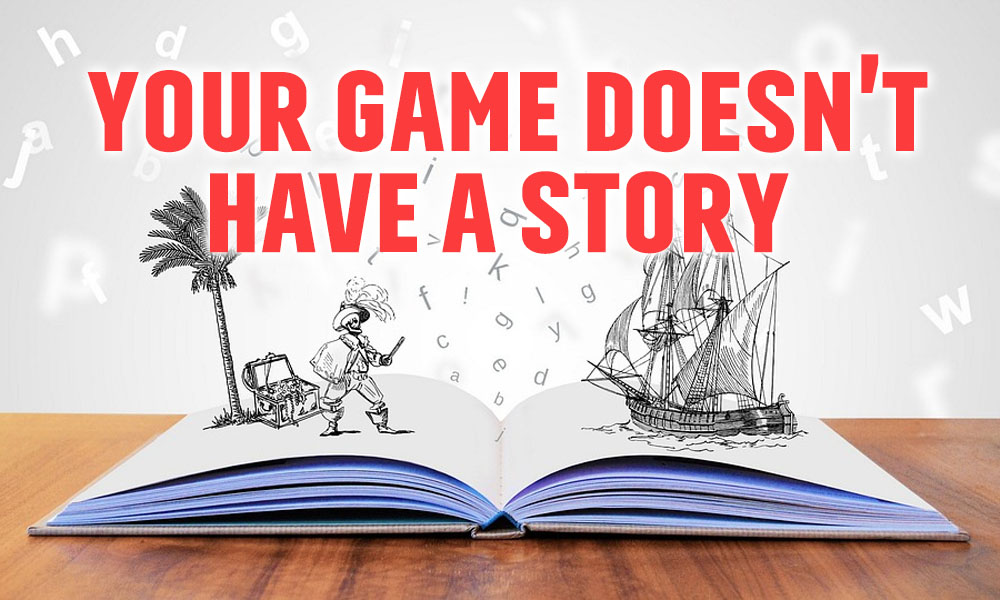PsyzhranV2
Hero
Gnome Stew is currently publishing a series of articles about the Israeli RPG theory scene, featuring Israeli writers offering their perspectives on play culture.. The general outline of the series is as follows:
- Characters don’t exist – We can only affect actions and feelings through the players, and not the characters, and this simple understanding can take us very far.
- There is no GM – At the core of the gaming experience there are only “Guiding actions”, actions that powerfully affect the game’s experience for some or all players, and a GM is basically a designation given to the person we expect to use them, but she’s not the only one doing so.
- The game doesn’t have a story – The concepts of story, narrative and plot as we usually perceive them do not really apply to the core activity of tabletop games, requiring a new paradigm.



